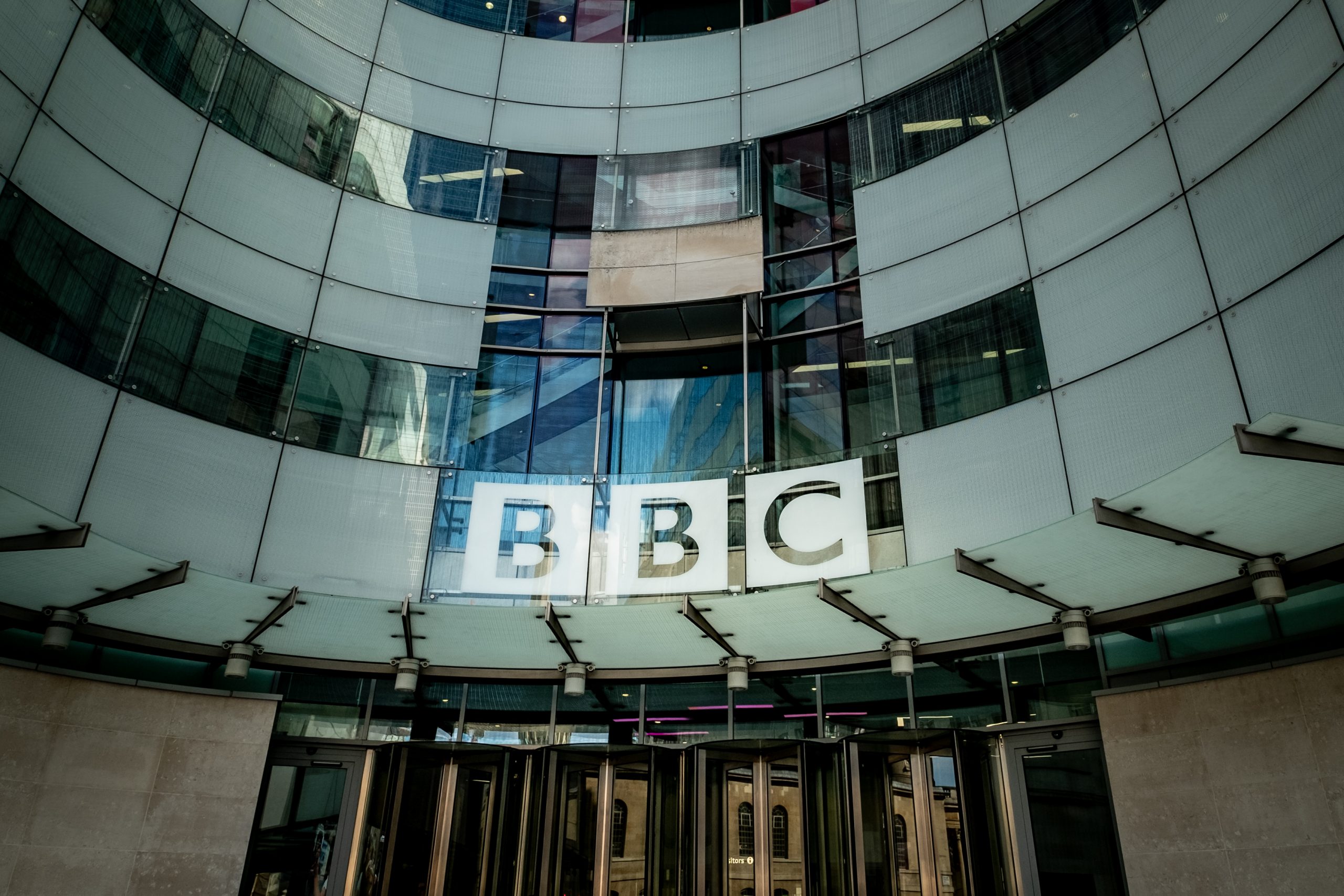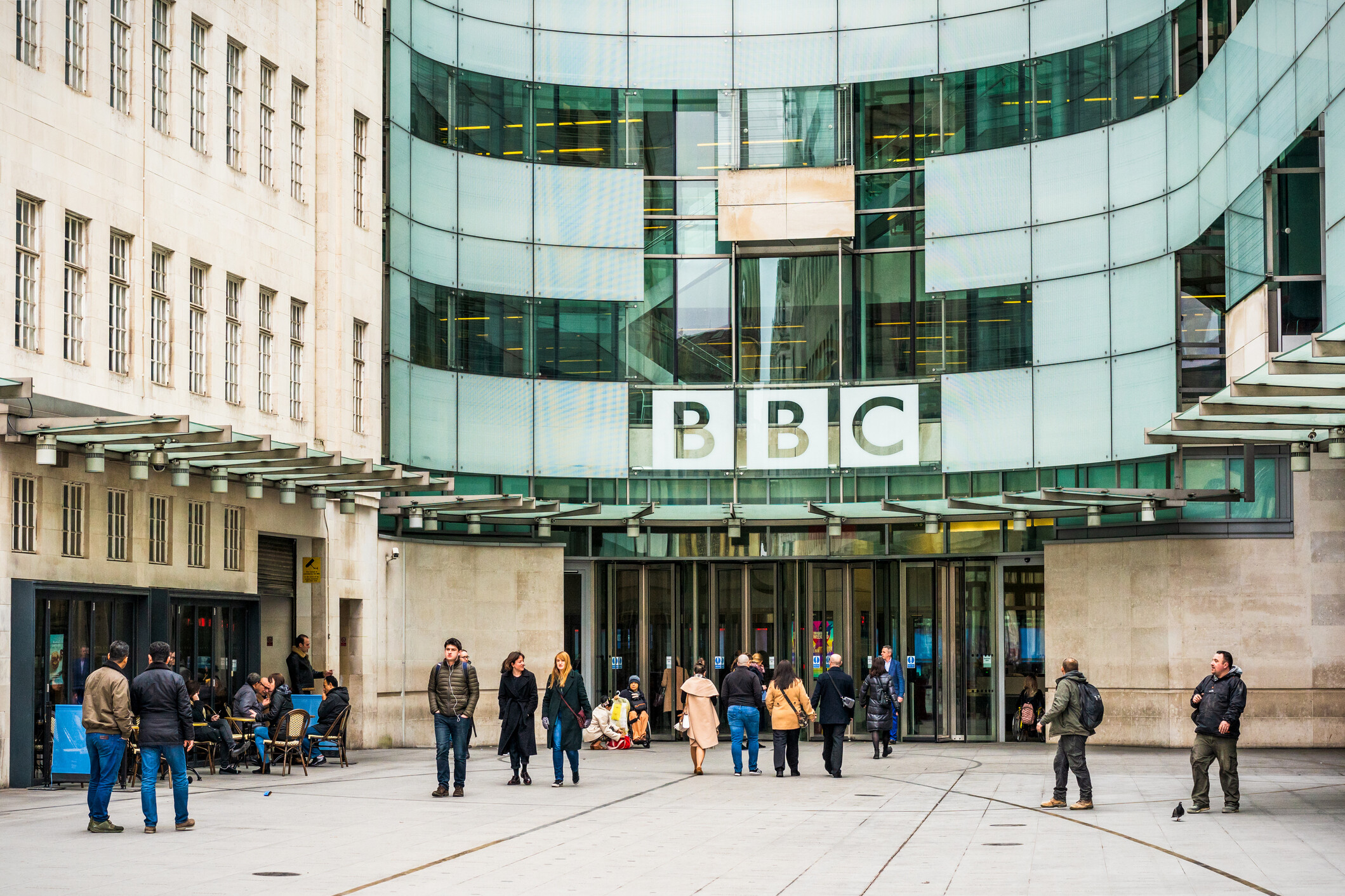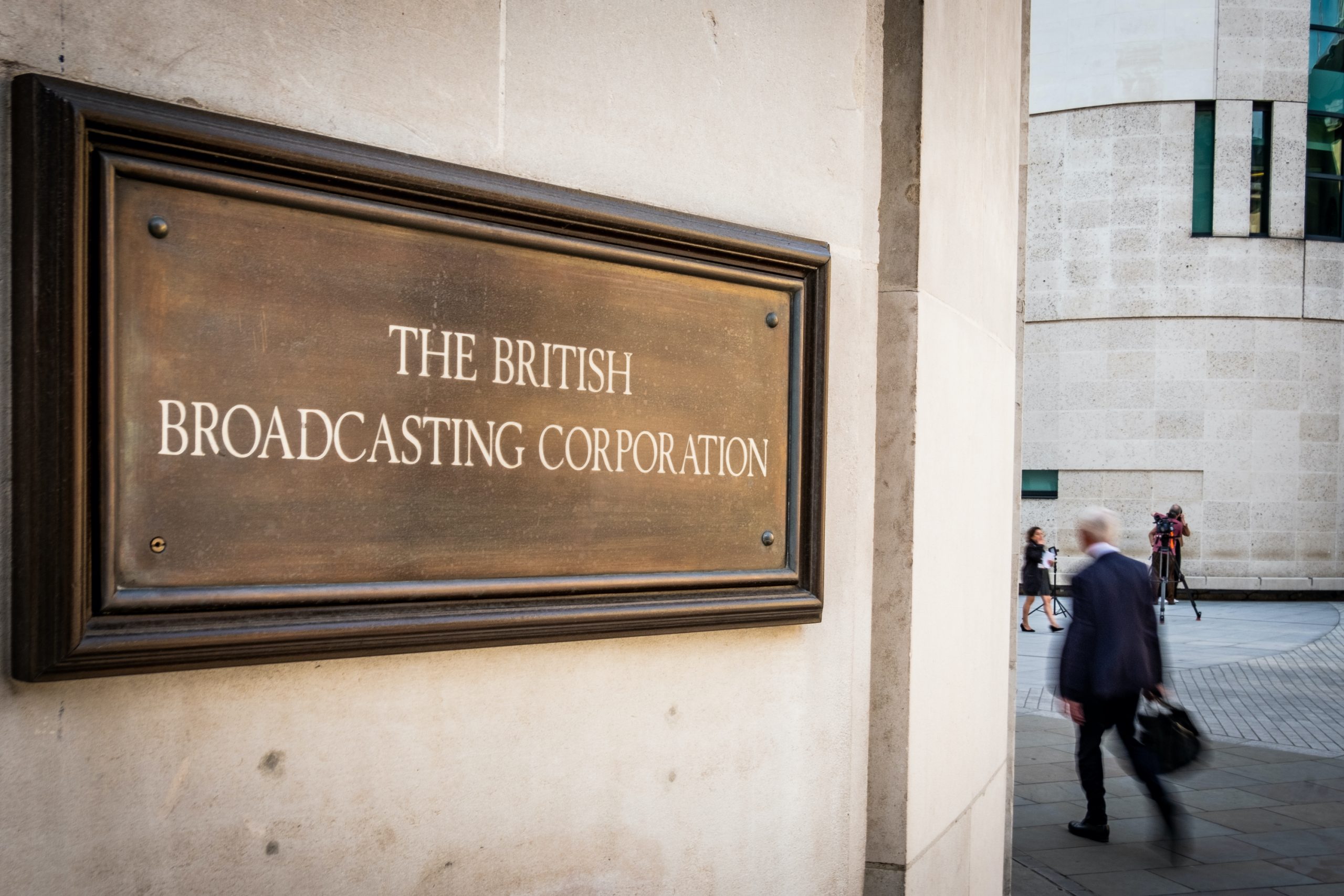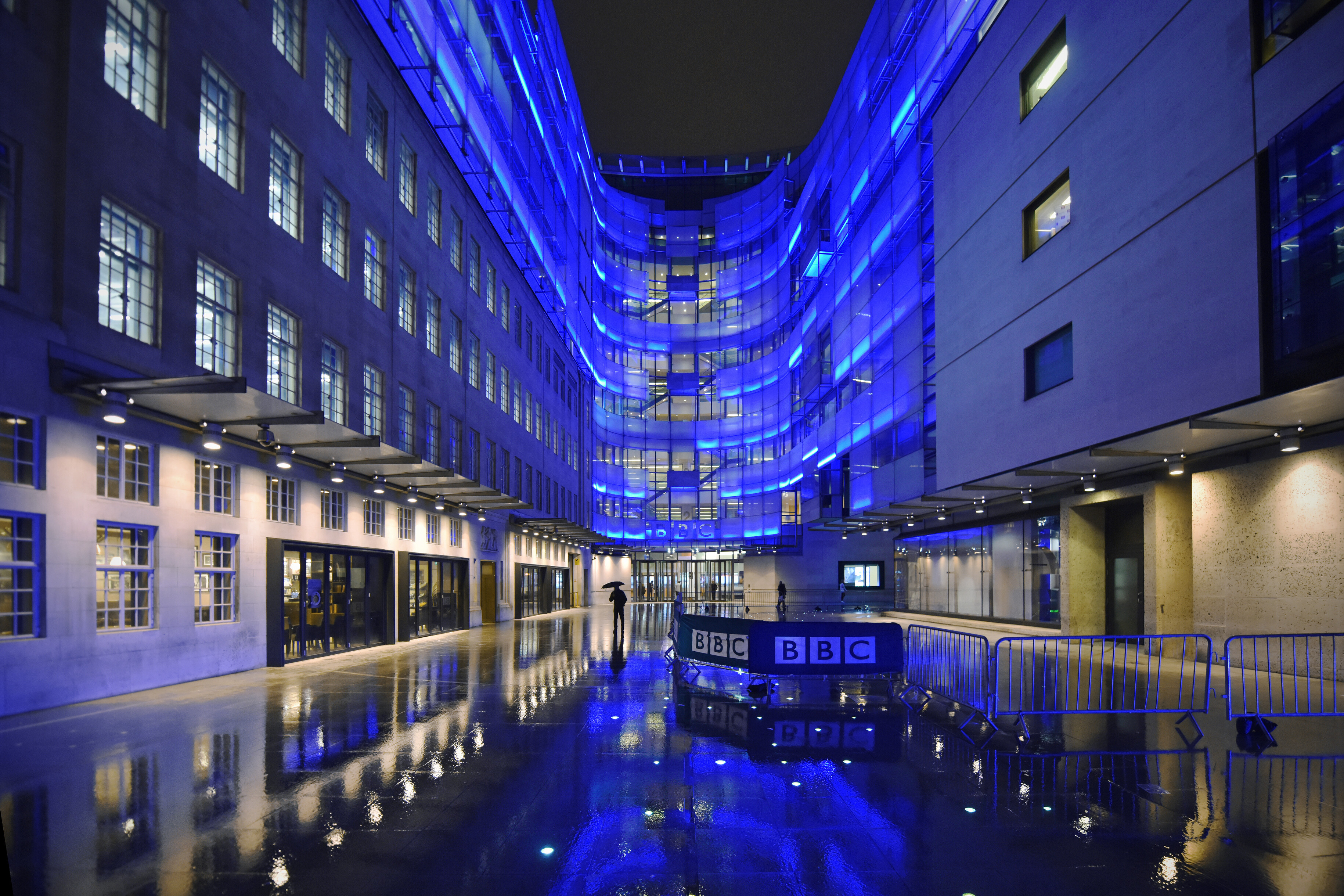In a speech to staff, the BBC Director-General said the BBC would realign its services to become digital first, but also warned there would be cuts.
The BBC’s Director-General, Tim Davie, has announced a plan to evolve the BBC into a “Reithian organisation for a digital age.” The strategy was announced in a speech to staff last Thursday, and outlined the future direction of travel for the BBC.
Its primary message was that the BBC needs to evolve and innovate its services to become more centred around digital.
“Today around 85% of the time people spend with the BBC is with linear broadcasts,” Mr. Davie said. “Too many of our resources are focused on broadcast and not online. And less than 10% of our usage is signed in, so we can’t offer a properly tailored service, unlike all our global competitors. If we do not respond faster to these changes we will cede too much ground to those who are not driven by public service values.”
What changes is the BBC proposing?
In total, £300 million will be reinvested to drive this “digital first” approach. Investment will be put into services such as the BBC’s OTT platform, iPlayer, and their audio platform, Sounds. There is a target to have 75% of viewers come through iPlayer every week. News, bulletins, and local services will all be adapted to best serve audiences digitally.
This greater emphasis on digital will see increased investment in personalisation to better enable individuals to curate BBC services. By 2025, £50 million every year will be put into product development. Mr. Davie said, “transforming our level of personalisation and our use of real time data, and making our services as easy to use as possible” would help the BBC become “a leading-edge player in functionality, user experience and data.” This will happen across iPlayer, Sounds, and the BBC News app.
📢 The BBC has set out the blueprint to build a digital public service media organisation. In a speech to staff, Director-General Tim Davie said the BBC must reform to stay relevant and continue to provide great value for all.
Read more: https://t.co/B7CsQa6buk pic.twitter.com/gjlbeIoFzU— BBC Press Office (@bbcpress) May 26, 2022
But he warned this digital drive will come at a cost. With the BBC’s licence fee frozen for the next two years, the Director-General said the corporation would have to make £200 million worth of cuts. It means in total, with the £300 million being reinvested in digital, the BBC must make changes worth £500 million.
It is estimated the public broadcaster will reduce its staff numbers by 1,000 – roughly 6 percent of its 22,000 staff. The linear channels CBBC (children’s TV) and BBC Four, and some BBC World Service in-language services will all be moved online. BBC News and BBC World News will merge into a single TV station. At some stage, Radio 4 will be taken off Long Wave broadcasting, to cut down on linear distribution costs.
The BBC head also announced there will be some difficult programming decisions. The volume of hours commissioned for network TV will be reduced by 200 hours. “We will make tough choices about titles which may be performing on linear but are not doing enough to drive viewers to on-demand. A number of them will be cancelled this year. Importantly, higher-impact content will attract more investment from third parties to make our money go further.”
Why is this happening?
The BBC is not the only public media organisation that is re-aligning to better suit the digital age. In New Zealand, a new public media entity is being created, focussed on future proofing public service media. It will subsume the two linear-oriented organisations, Radio New Zealand and Television New Zealand, to create one new organisation which will build on their current expertise while placing digital capabilities at the core of its mandate.
Meanwhile, in Estonia, the Chairman of the public broadcaster, ERR, told PMA how they have already established an “online is first” philosophy. Erik Roose argued this was key for public service media being able to “reach as many of our people as possible with the best news and other programmes, regardless of age, mother tongue, political preferences or media behaviour.”
In part, the BBC is responding to global changes in news and entertainment consumption habits. Audiences are already – and will continue – moving away from linear broadcasting, and not just for television, but also for radio. Public service media need to ensure they are prepared and able to adapt to these circumstances. On-demand services and curated content will only become more established, and audiences will come to expect such offerings.
“If we do not respond faster to these changes we will cede too much ground to those who are not driven by public service values” – Tim Davie, BBC Director-General
But the additional context for why the BBC is looking to make such significant changes to its services is because of its funding situation. With the licence fee frozen, and question marks hanging over an alternative funding source for the future, the corporation has been put under substantial pressure from the UK government.
PMA response to the BBC’s new strategy
The shift towards digital is necessary and timely, ensuring the BBC can maintain its relevance and value to the public it serves. Audiences are increasingly online, and with the rise of both visual and audio global streaming giants, public service media need to be able to compete with what they are offering as one way to better ensure their prominence.
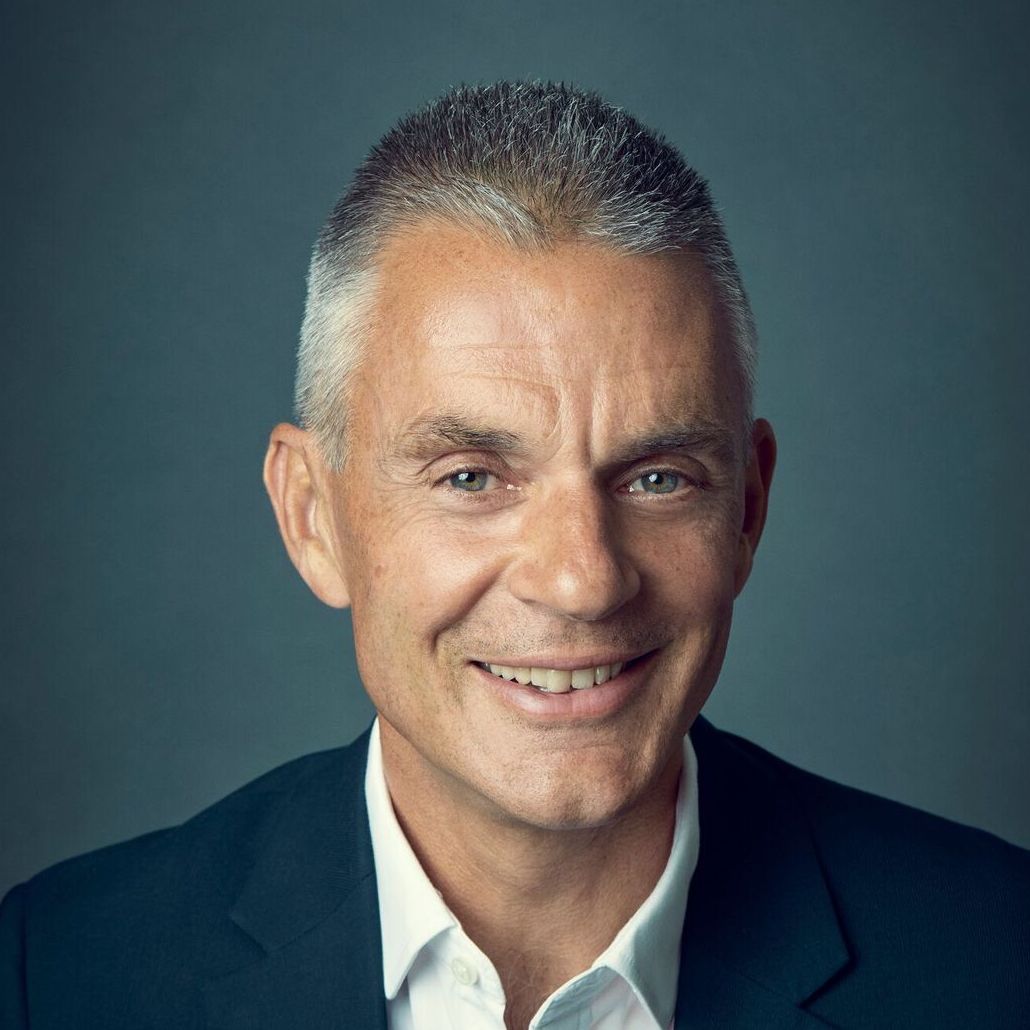
However, PMA is concerned about the extent of the cuts and changes which could impact access to the BBC’s services, for both British and international audiences. These audiences will not automatically move online overnight, and so any significant changes must ensure people are not left behind.
Meanwhile, the reduction in staff numbers and in linear offerings will impact the BBC’s overall output. This is a direct consequence of the licence fee freeze.
The guarantee to continue funding the enormously important and successful Local Democracy Reporting Service is very welcome. But overall, it remains unclear how drastically local services, provided for by the BBC, will be altered to become more digitally centred or streamlined.
What is critical is that at every stage of decisions being made, it is the public that are being considered, and an understanding of how each opportunity will allow the BBC to fulfil its mandate. The Director-General identified commercial revenue as an opportunity for the BBC to bring in more money, but it must be clear that with any venture, it is public service that motivates the BBC.
Most importantly, it is critical that decision makers and the public alike realise the importance of an independent, well-funded BBC to society, especially at a time when trusted news and information is needed most.
Related Posts
6th May 2022
New study reveals how audiences undervalue the BBC
A new report provides evidence of how…
23rd March 2022
BBC files UN complaint about online violence towards women journalists
It is the second appeal in two months…
